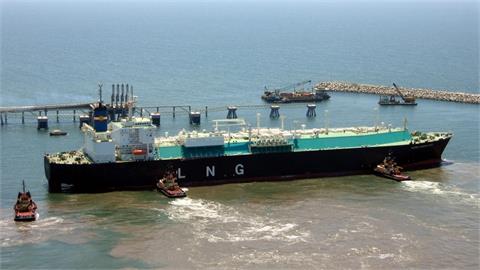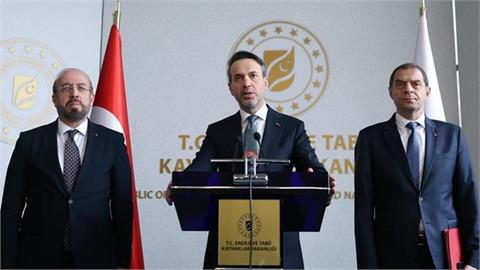Funded by excess revenue from the government of Abu Dhabi, a major Persian Gulf oil producer, ADIA was managing 35% of its money in-house in 2014, compared with 25% in the previous year, according to an annual review released Tuesday.
Investors watch ADIA’s allocations and money-management strategies carefully because of the effect a shift by a fund its size could potentially have on asset prices.
The change reflected growth in internal expertise in recent years, the fund’s managing director, Sheikh Hamed Bin Zayed Al Nahyan, said in a letter accompanying the report. "While this work is now nearing its conclusion, we will continue to recruit selectively in 2015,” Sheikh Hamed said.
ADIA’s shift in strategy to manage more of its money in-house reflects a growing trend across sovereign-wealth funds globally. Funds such as the Canada Pension Plan, Ontario Teachers’ Pension Plan and Singapore’s GIC in recent years have hired more managers and opened offices outside their home countries to make direct investments as a way of gaining more control over strategy and reducing the fees paid to external managers.
The review, however, didn’t quantify the impact of lower oil prices on ADIA’s portfolio, or detail how they have affected receipts from the Abu Dhabi government.
Sheikh Hamed said that the oil decline was a reminder of ADIA’s goal, which was to ensure Abu Dhabi’s prosperity "when current sources of income are less able to fulfill that role.”
Oil prices fell by about half between the middle of last year and the beginning of this year on a combination of slower-than-expected demand and robust supply, Sheikh Hamed said. This has pushed inflation down, he noted, but the full effects on the global economy "have yet to be seen.”
ADIA has produced an annual review since 2009, giving outsiders a glimpse at returns and organizational structures that had been kept secret since its founding in 1976. The transparency followed a global drive by sovereign funds to be more open about their strategies, in part to ward off concern that their investments in foreign countries might have political dimensions.
ADIA said it made 20-year annualized returns of 7.4% as of the end of last year. That was an increase from the 20-year annualized returns of 7.2% it reported at the end of 2013. The fund also saw a rise in its 30-year annualized returns to 8.4% as of the end of last year, it said.
As part of the report, ADIA’s global equities and fixed income teams gave a positive assessment of the performance of capital markets last year. But both said they faced headwinds this year.
In equities, valuations remained "within historical norms,” but that even though loose monetary policy and lower inflation are likely to persist, "we believe that robust earnings growth will be needed if global equity markets are to post further strong gains in the year ahead,” the ADIA report said.
Fixed-income markets put up "surprisingly good” returns last year because of a decline in government yields. This has reduced future returns, however, and raised the possibility of higher yields when economic growth and inflation adjust to monetary policy moves, the report said.
The fund had around 1,650 employees as of the end of last year, according to the review, up from 1,500 at the end of 2013. It has made a number of significant new hires over the past year, including a new global head of external equities in September and a global head of research last May.
(WSJ)



